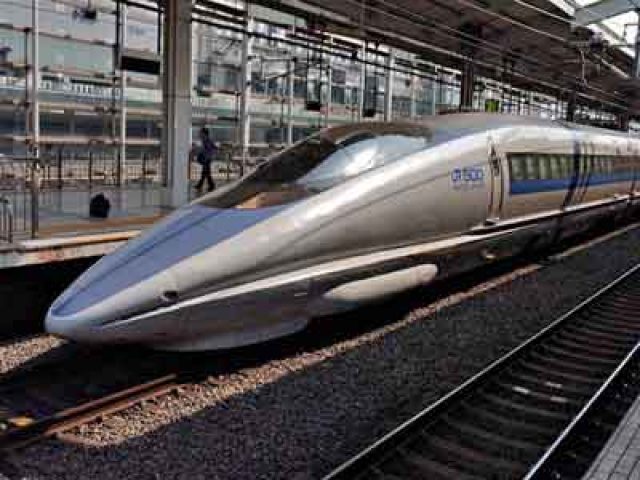Nigeria is set to witness a transportation revolution as the Lagos-Abuja High-Speed Bullet Train project moves closer to reality, reducing travel time between the two cities from approximately 12 hours to just 2–3 hours.
The Director of Operations at Geofocus Consortium, Engineer Yinka Idris, described the project as a landmark development in Nigeria’s infrastructure sector. In a statement on Tuesday, he praised President Bola Tinubu’s administration for prioritizing large-scale infrastructure and leveraging Public-Private Partnerships (PPP) to drive economic progress.
A Game-Changer for Transportation and the Economy
Idris highlighted that the bullet train would offer a faster, safer, and more efficient alternative to road travel, significantly easing movement, boosting trade, and improving business connectivity between Lagos and Abuja.
“Currently, travelers between Lagos and Abuja endure long hours in traffic, safety concerns, and reduced productivity. This project will eliminate these challenges and provide a modern, world-class transport solution,” Idris stated.


Beyond transportation, the initiative includes the development of ten smart cities along the rail corridor, each featuring 10,000 housing units. An independent power plant will also be built to support both the railway system and the surrounding infrastructure.
Job Creation and Economic Impact
The bullet train project is expected to generate thousands of jobs during both its construction and operational phases. Idris emphasized that the initiative aligns with President Tinubu’s commitment to reducing unemployment and driving economic prosperity through major infrastructure investments.
With feasibility studies completed and proof of funds secured, the project now awaits final approvals from the Infrastructure Concession Regulatory Commission (ICRC) and the Federal Executive Council (FEC) before construction begins. The construction phase is expected to span 48 to 52 months.


A Step Towards Sustainable Development
The high-speed rail is also expected to reduce road congestion, cut carbon emissions, and extend the lifespan of Nigeria’s highways, making it a significant step toward environmentally sustainable infrastructure.

“As Nigeria moves closer to realizing this dream, citizens can look forward to a future of seamless travel, improved quality of life, and enhanced economic opportunities under President Tinubu’s leadership,” Idris concluded.




